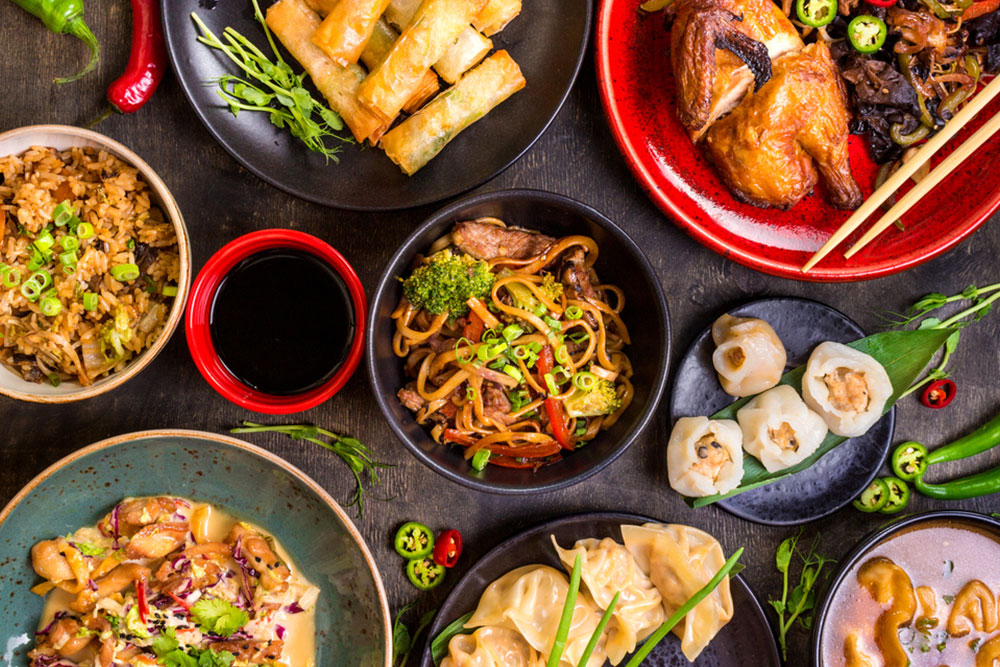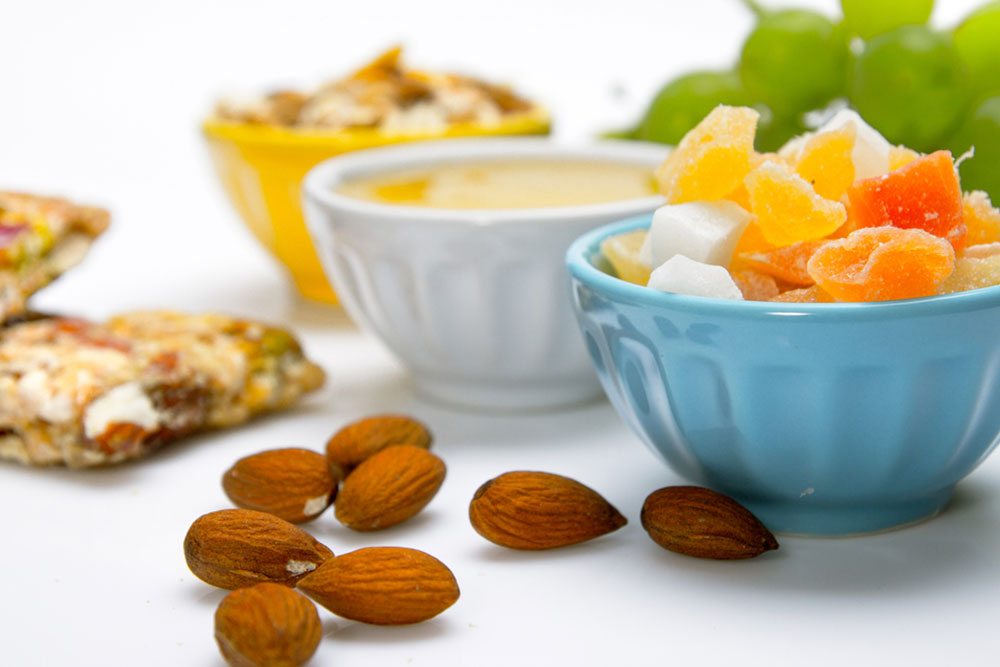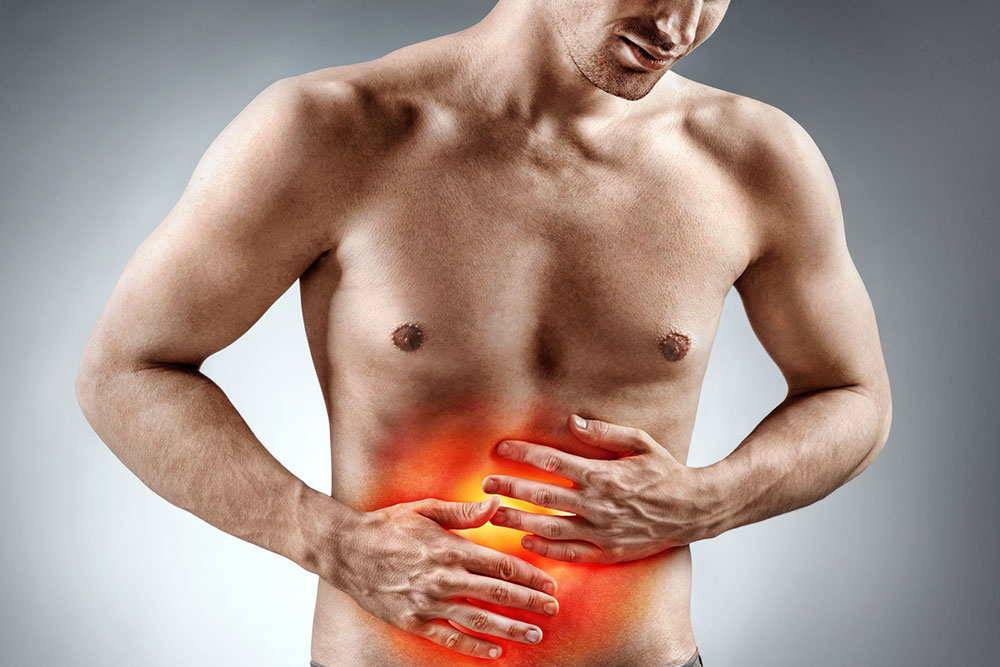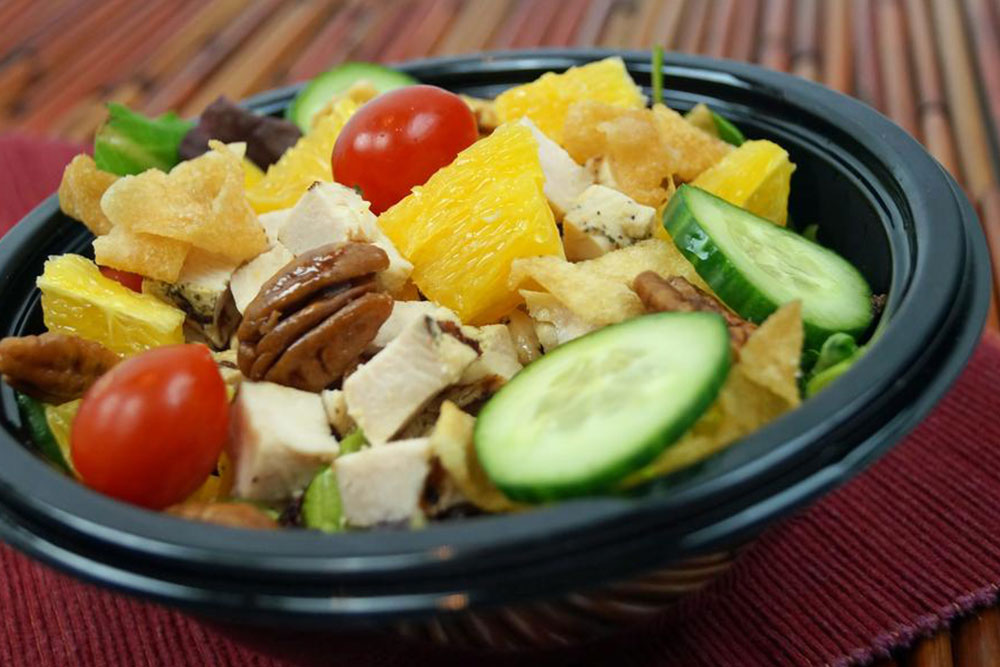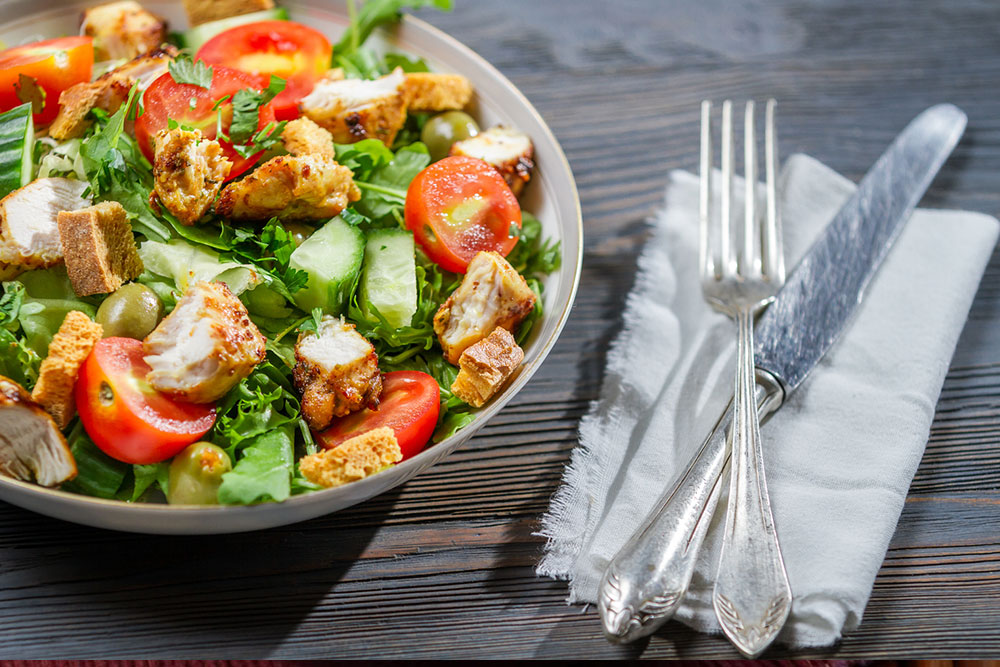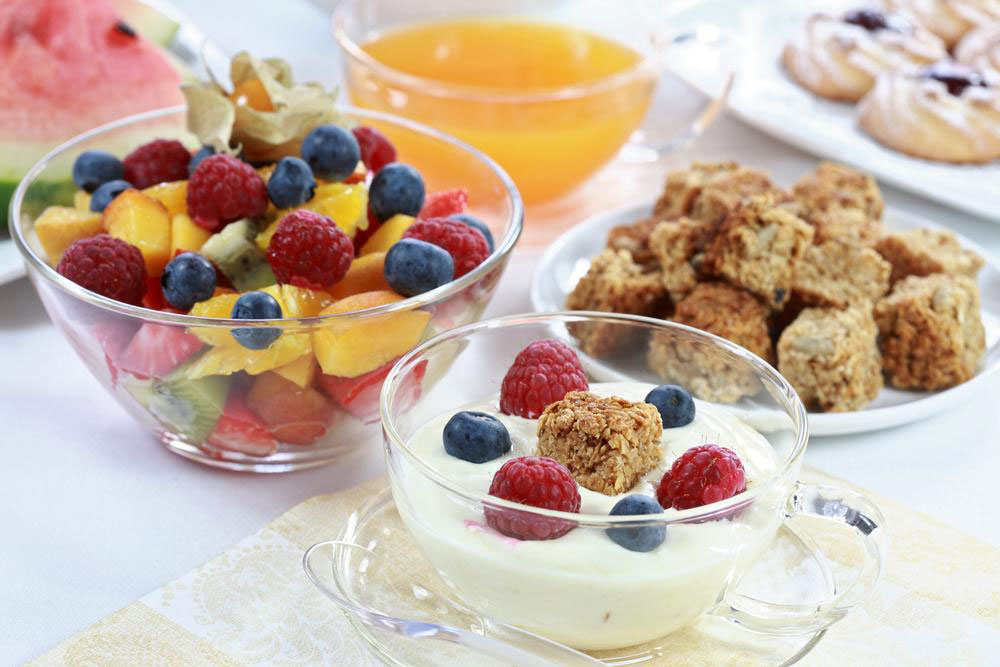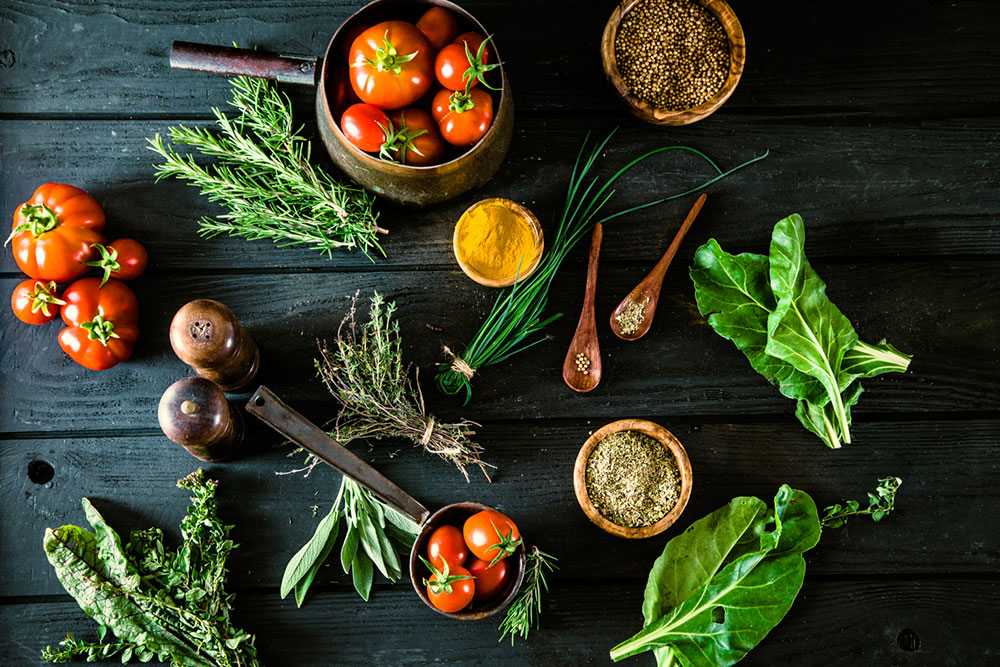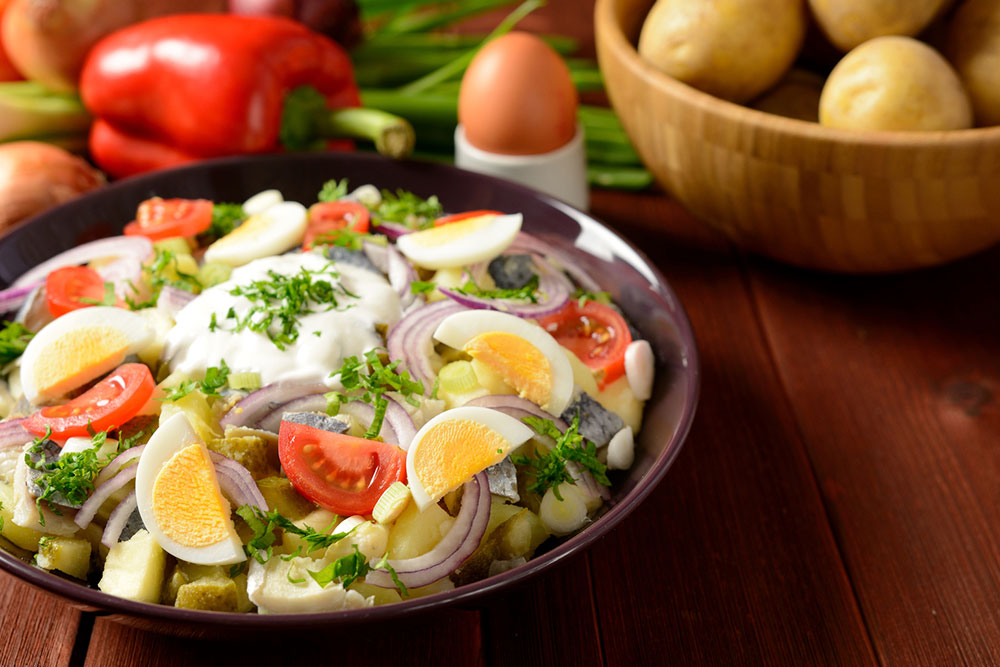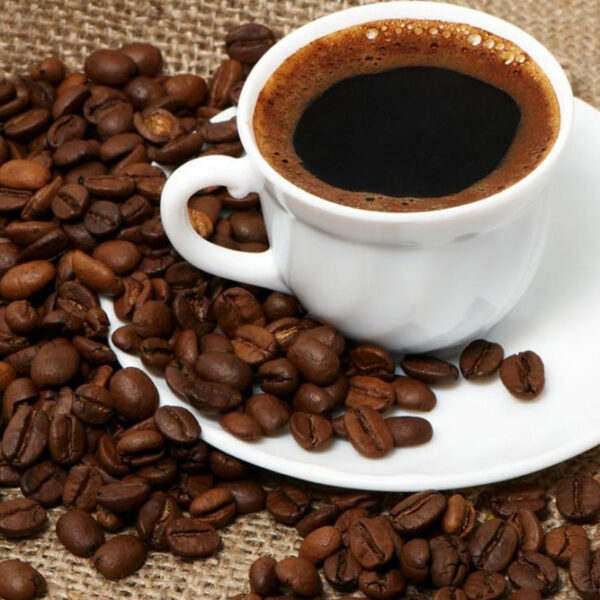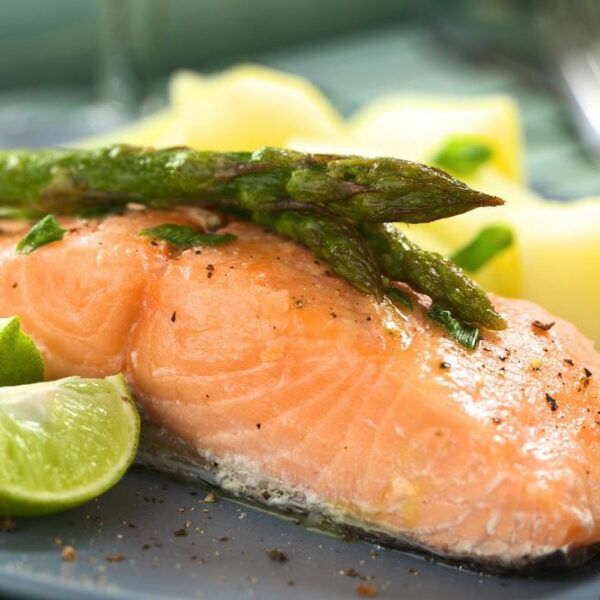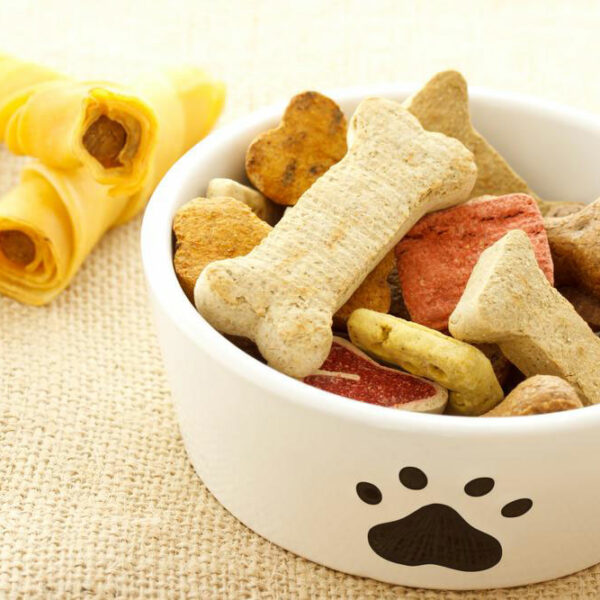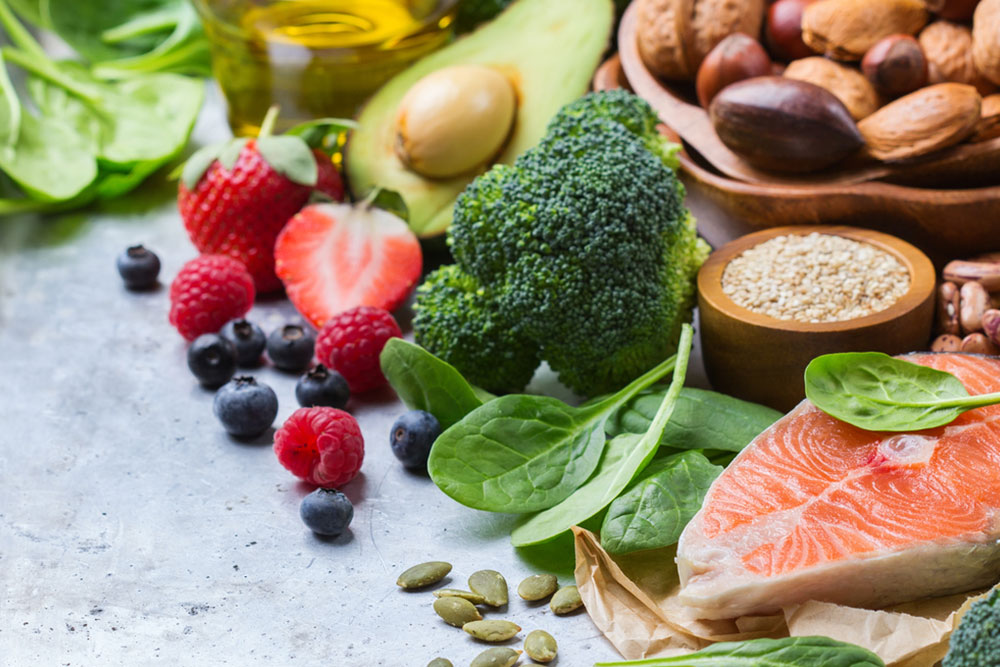
Diets & Meal Plans
Foods to avoid for those with bipolar disorder
Foods to avoid for those with bipolar disorder Bipolar disorder is a brain-related illness that causes mood swings and makes a person feel low sometimes and elated at other times. Apart from medication, diet plays an important role in the mood swings and manifestation of the symptoms. Certain foods can affect one’s mental health and must be avoided by those having bipolar disorder. Trigger foods Certain foods can trigger manic disorder or depression. The moods can alternately swing from depression to a feeling of joy, and the food items listed in this article can affect people in different ways. They can cause depression when a person’s mood is low. Different foods may act as triggers for each person, aggravating their symptoms, and such food must be avoided. It is important to maintain a food diary where details of the food consumed and the symptoms experienced are noted. This will help to find out which foods trigger the symptoms, and those can be avoided. Caffeine Too much caffeine can affect sleep, and lack of sleep can aggravate the symptoms for those suffering from bipolar disorder. Apart from affecting sleep, caffeine can also irritate the digestive system and increase acidity. It is best to avoid or minimize the consumption of coffee and other beverages that contain caffeine. Food with high fat levels Those who have bipolar disorder should avoid food that contains high levels of fat. Some believe that high levels of fat affect the absorption of medicines. In reality, the effects of the medication will still be felt, but the high levels of fat are not good for the heart and increase the risk of obesity, leading to a lower quality of life. Fatty food should be avoided, especially when medicines are being taken. Avoid tyramine Some people with bipolar disorder are prescribed MAO inhibitors.
